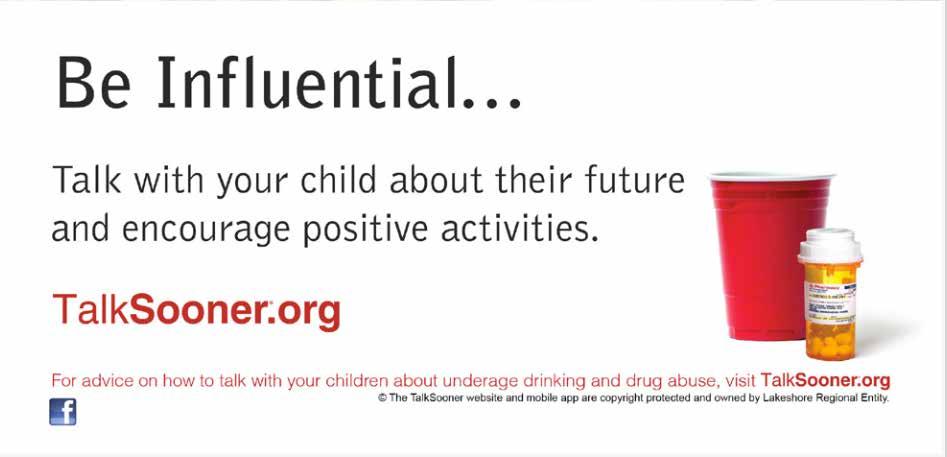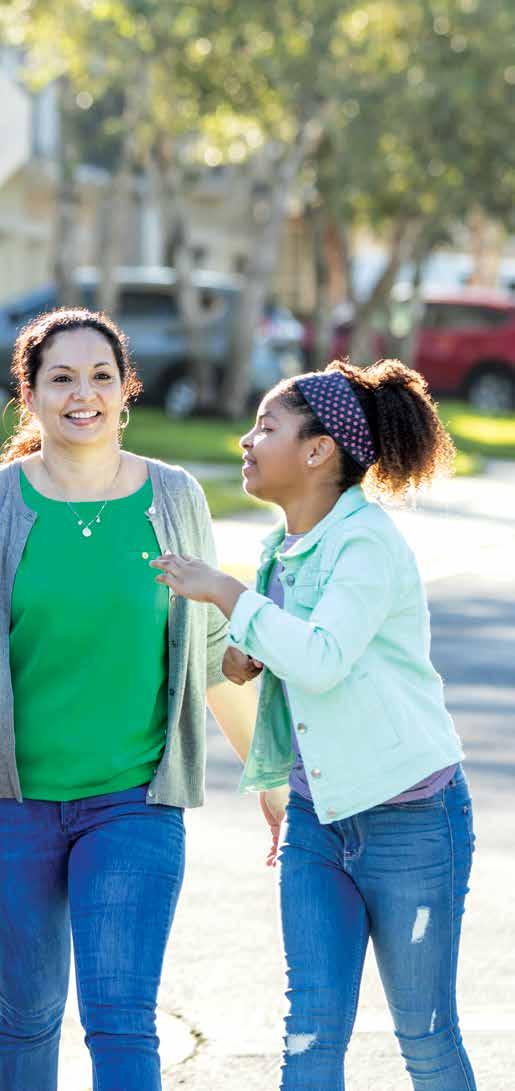HAS YOUR CHILD EVER BROKEN A BIG RULE? There are some situations that no parent wants to deal with. It can be very embarrassing for you and your child when they are in trouble. I consider breaking a big rule to mean that your child: • Shoplifted/stole • Started a physical fight that didn’t involve protecting themselves or someone else • Did drugs or sold drugs • Got suspended from school • Bullied someone relentlessly • Attacked you or a member of your family or engaged in very serious physical threats • Missed curfew or ran away for days or weeks • Skipped school routinely • Engaged in high-risk behavior When you learned about their behavior, what started running through your mind? Like many parents, you might have thought: • • • •
“Is this how I raised them?” “Is this what our family stands for?” “Do they believe this is right?” “Is this what their music, video games and friends are teaching them?
In your heart, you hope that the answer to every one of the above questions is no. If the answer to any of the above questions is yes or if you don’t know all the answers, then you might have a lot of work to do in finding answers and hopefully stopping repeated rule-breaking behavior.
LDREN
eir mistakes By LEN LANTZ, MD
AN EPISODE DOES NOT EQUAL A PATTERN I think it’s reasonable to point out that if your child breaks a big rule, it does not necessarily mean that they are doomed to repeat the same mistake. Most parents understand this by instinct. There are many ways to handle a child’s first-time big rule violation. It can be hard to know how to handle it because it is outside your previous parenting experience. Some parents lead with the mother-of-all groundings, which backfires as often as it is effective. Other parents go the route of humiliating their kids. One of the worst strategies used by parents is shaming and ridiculing their children, often by reciting rules, which is the equivalent of saying, “You’re stupid.” One of the most effective parenting strategies to use when dealing with your child’s big first-time offense is to get more information. Listen to every one of the excuses they have to offer. I’m not kidding. Ask questions designed to get more specific details without shaming or blaming. Expect some lies at the start, so take written notes and let them know that you are willing to contact every person who knows about the situation to confirm their version of events. Learn as much as you can about their experience, because for a substantial number of kids, getting caught is the greatest punishment. What did they go through, especially when they were caught? What was it like for them? continued on page 9
thegcpc.org
|
YC MAGAZINE
|
May 2021
7




